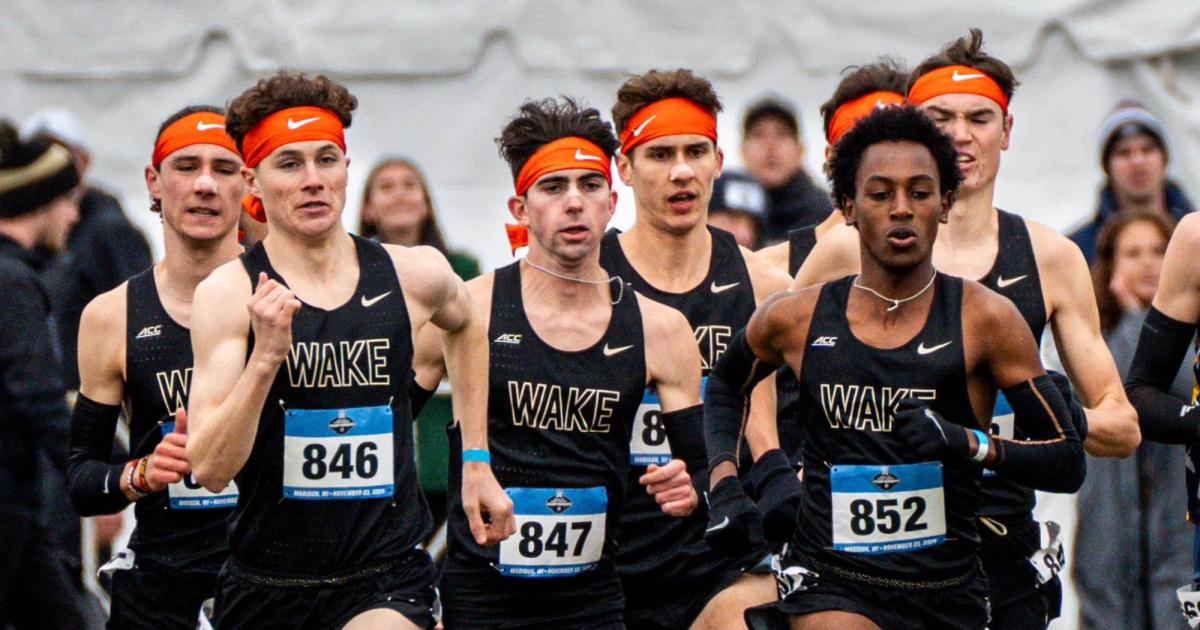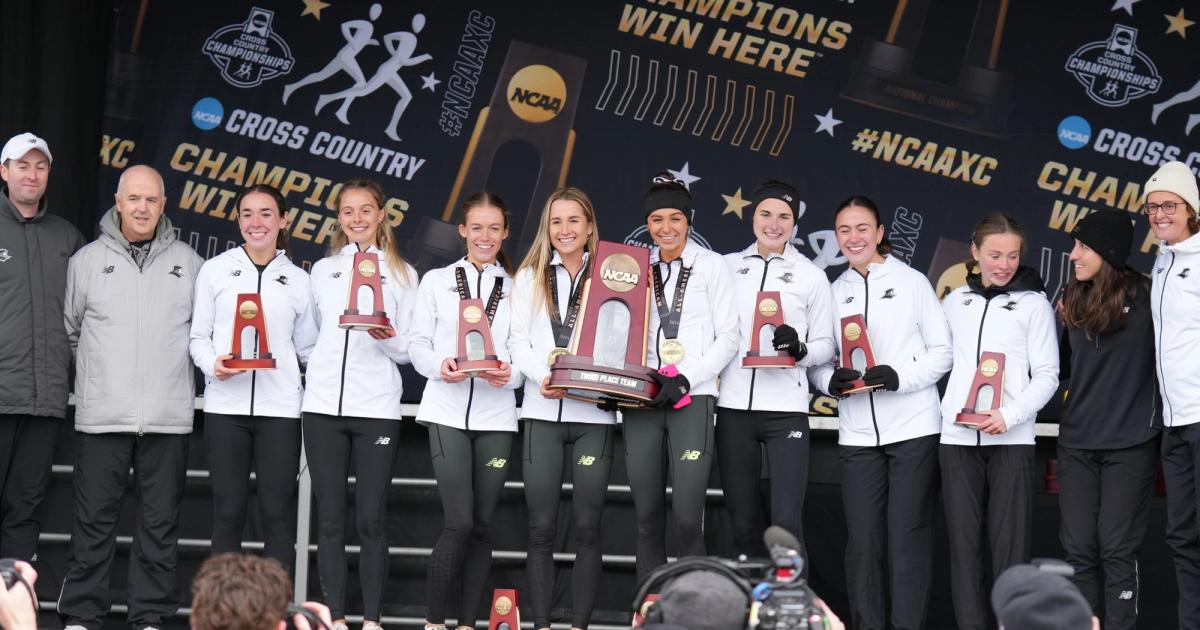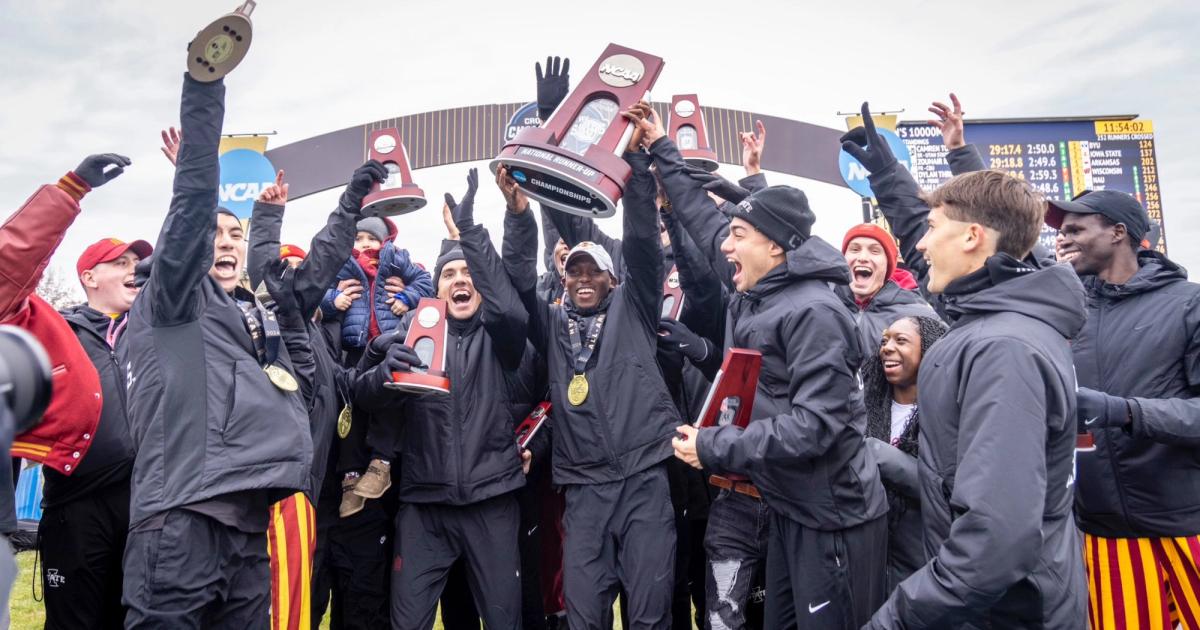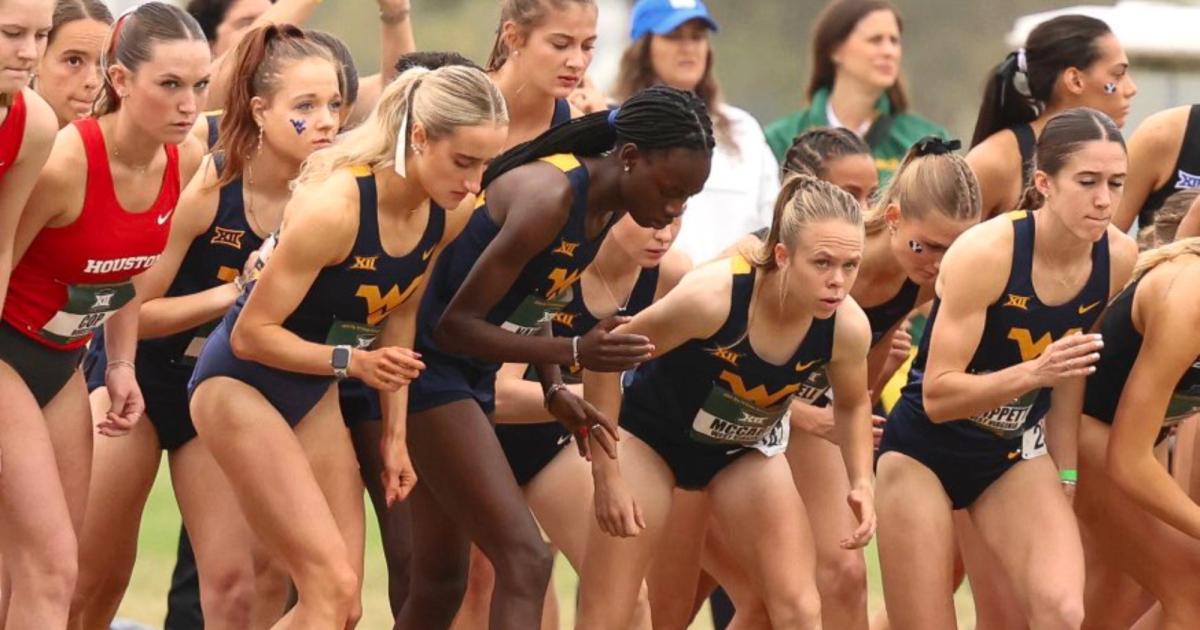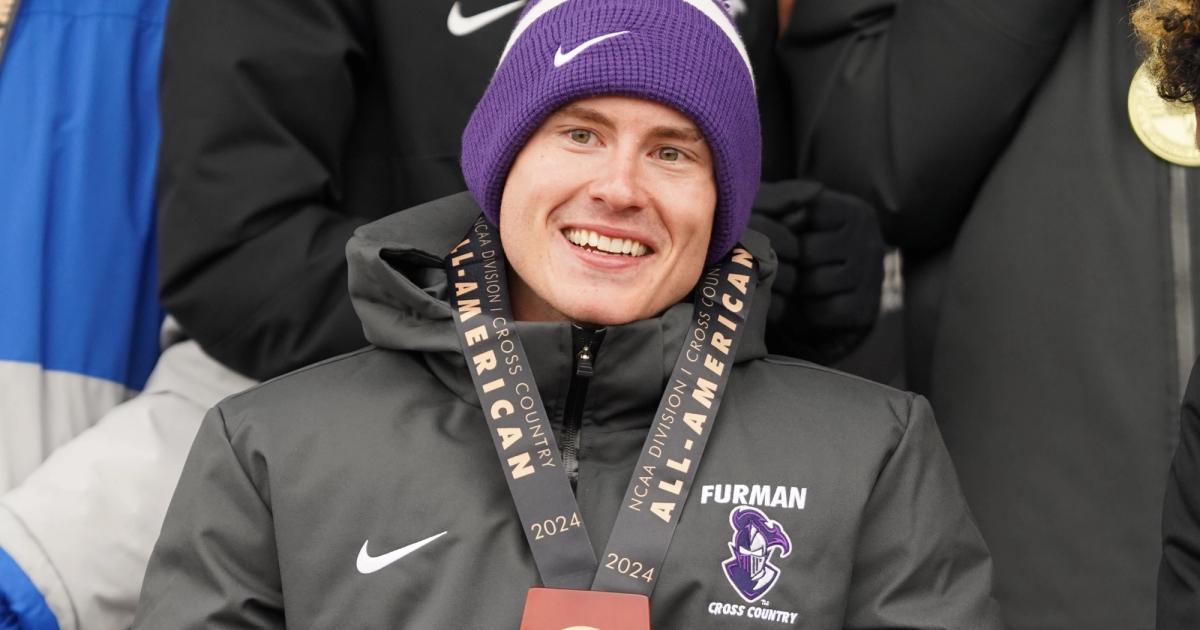By Jasmine Fehr
December 28, 2024
"What I learned from the team this year is to always believe something's possible... When one guy had a bad race, another guy would step up. That to me is one of the most important traits of a successful team."
Wake Forest’s men’s team made waves with their seventh place finish at the NCAA Cross Country Championship last month – not just for their result, but because of how young their roster is. The seven athletes who competed at NCAAs included one freshman, five sophomores, and just one senior. Five of them are eligible to return for two more seasons and one for three more.
We caught up with John Hayes, Wake Forest’s director of track & field and cross country, to get an inside look at how he’s building a powerhouse team with one of the youngest rosters in the NCAA. Hayes shares his reflections on the season, what sets his team apart from other top teams, the mindset of his athletes, what he values in recruits, and his thoughts on recent changes to the NCAA.
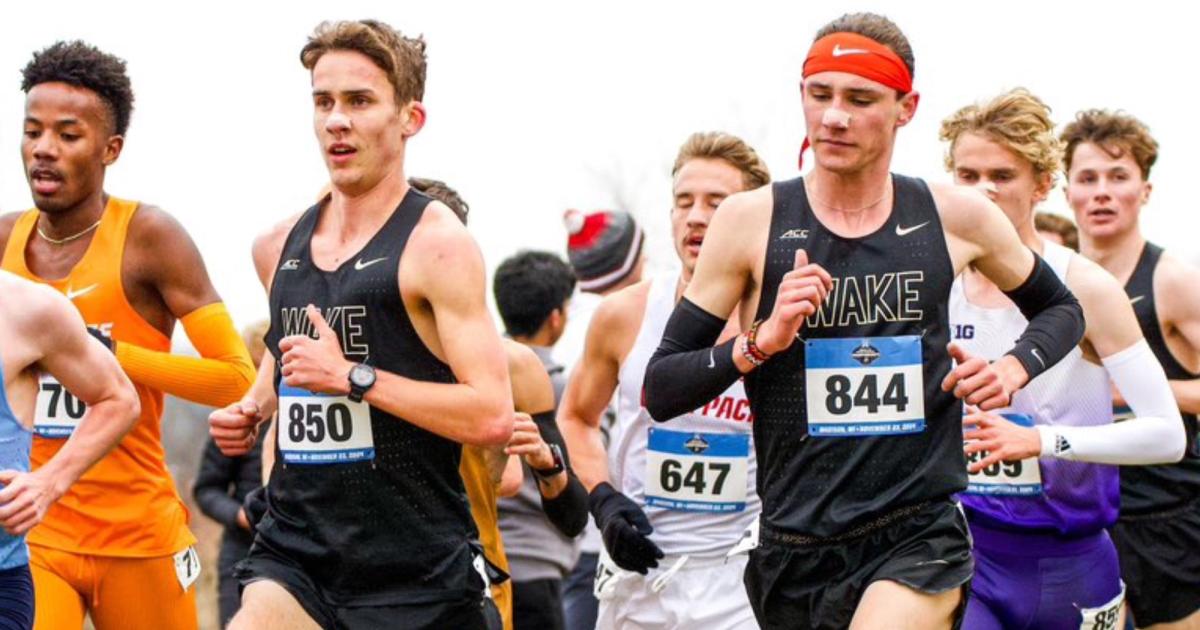
Emma Goldstein / @emmagphotographs
The following has been edited lightly for length and clarity.
Jasmine Fehr: The men placed seventh at the NCAA Cross Country Championship with one of the youngest teams in the nation. What are your reflections on the team’s performance?
John Hayes: I feel pretty good! If you would have told me over the summer, ‘you're going to win ACCs and get seventh at NCAAs – are you happy about that?’ I would have said ‘absolutely!’ Then in the middle of the season, we started thinking, ‘we're going to be on the podium, we're going to be in the top four.’
Our final three weeks of preparation for NCAAs didn’t go great. We had a lot of illnesses and other things that came up. We never fade in the last 1K, so during NCAAs I thought we were going to be top four, maybe even top three. To have it go south in the last 1K, pretty much the last 500m, was a little disappointing, but it’s also exciting to know what the future could hold.
With the illnesses and setbacks that popped up, how were you able to keep the team mentally composed and confident heading into NCAAs?
The guys on this team are just extraordinary. I think that comes from the recruiting job that my assistant Brandon Hazouri does. He knows the type of people I would do well with and has done a tremendous job.
These young men don't get rattled easily. They didn't go to the starting line panicking. They're young and they had the experience of being thrown into the fire last year as mostly 19-year-olds. They have experience of stepping up when it matters.
They just weren't rattled. I think the coaching staff was more rattled than they were! Everything that hit them, they just responded well and never gave up. I think that'll show in the coming years with what you’ll see from these guys.
"These young men don't get rattled easily. They didn't go to the starting line panicking. They're young and they had the experience of being thrown into the fire last year as mostly 19-year-olds."
The guys not getting rattled easily – is that something you try to develop as a coach or is that an innate trait that the athletes have?
I don't know how much development we can do on our part in one or two years. But you don't want someone that always has an excuse, right? We all fail at times. I want somebody who's going to own that, learn from it, and move on.
What I learned from the team this year is to always believe something's possible. These guys stepped up every single time. When one guy had a bad race, another guy would step up. That to me is one of the most important traits of a successful team.
You’ve seen that with NAU over the last six or seven years. They've found a way to win. We want to be that team. We want to be the kind of team where we're always going to step up for our teammates and fight for our teammates. I think that's an important characteristic to have.
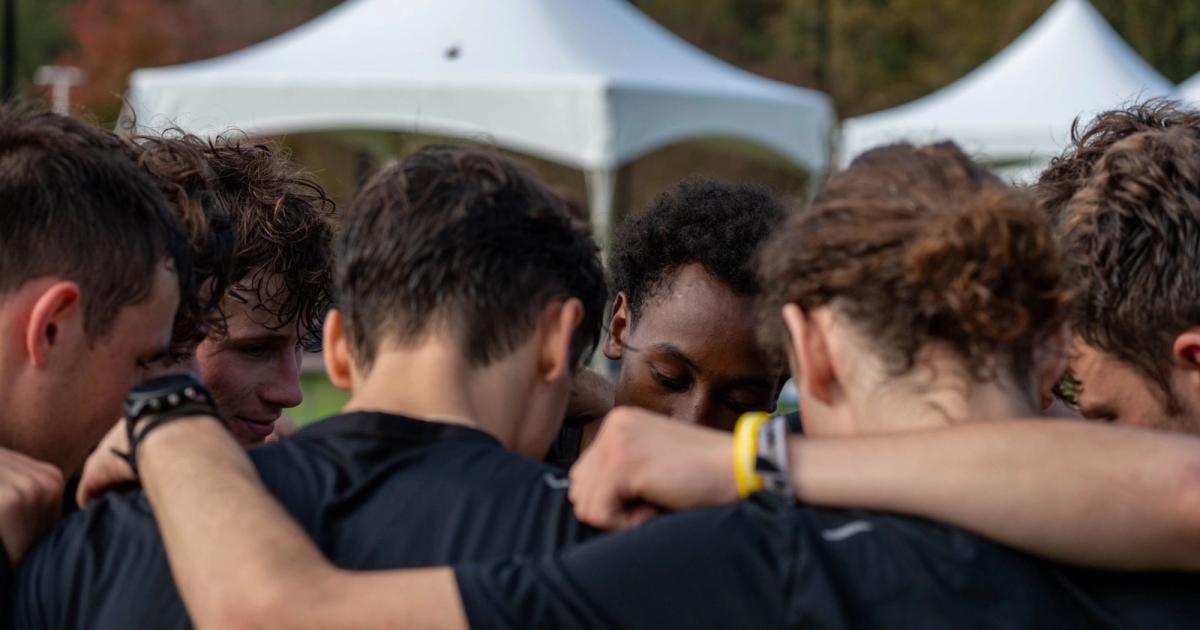
Emma Goldstein / @emmagphotographs
What type of athletes do you look for when recruiting? Can you describe some of the qualities you value?
It's hard to quantify. Every coach will say they want ‘good kids.’ You need the talent, obviously, but the type of person who's going to be successful at Wake Forest is someone who can flourish in an environment where they're being held accountable. They're not afraid to fail and they're not afraid to deal with the stress of being held accountable in the pursuit of excellence.
Going to the starting line, the expectation is to do everything you can for your teammates. That type of person is not your typical person coming into college. We're pretty picky on what we're looking for. It's not just about running a time.
What do you do to foster a positive team culture and atmosphere?
It comes back to accountability. We're not yellers. We don't get in our athletes' faces. I also think fostering the love they have for each other is so important. They don’t necessarily have to all be best friends, although most of them are pretty good friends. It's more that you have to love your teammates and love them enough to be able to hold them accountable.
It's easy to say, ‘we're all best friends.’ That's not necessarily what I'm looking for. I'm looking for best friends who can hold each other accountable – and that's a lot more difficult than just being best friends.
"I'm looking for best friends who can hold each other accountable – and that's a lot more difficult than just being best friends."
What is your perspective on the recent changes we’ve seen in the NCAA regarding scholarships, roster caps, athlete ages, and things like that?
That's a loaded question because there are some positives coming out of it. With the roster becoming 17, it spreads out talent a little bit more. I think that's good. If you're on a team that’s 20 deep, the last few guys aren't necessarily getting the development that they should get.
We haven't had it in our sport yet where everybody seems to transfer every other year, like in football and basketball. I think that's a bad lesson for both young people and old people: when things get hard, jump ship. I think that's bad.
I would love to see some sort of age limitation. I think it's good that athletes can use a fifth year, but I don't think it's great for our sport when the athletes we should be trying to develop are not necessarily getting that development. I don't necessarily agree with athletes who are much older in the NCAA. I just don't think this is the place for it.
That said, I think international athletes are fantastic for the NCAA. I think it’s necessary and makes it fun. It increases education with people on teams learning about other countries and cultures. International athletes come in and make our athletes better – both from educational and athletic standpoints. I think we need to enforce the rules that we've had and I don't know the best way to do it without hurting people. We just need to take a look at what we're doing here.
Some programs have the advantage of altitude and others might have great weather or trails for training. What factors set Wake Forest apart from other top programs?
I like the small school environment. It's great from an education standpoint: you learn better in a class with 15 or 20 people than you do in a class of 200 people. We have a lot of small classrooms here. I think that's important for the learning piece.
We also have a great moderate climate here. It's been a warm fall, and more often than not, it's a really nice climate here. We also have great distance running schools within driving distance of us. That's great for the development of our athletes and our competitors' athletes.
Our facilities are fantastic and the way our staff is set up, in that we're devoting a lot of resources to distance runners, is a great positive for our university as well.
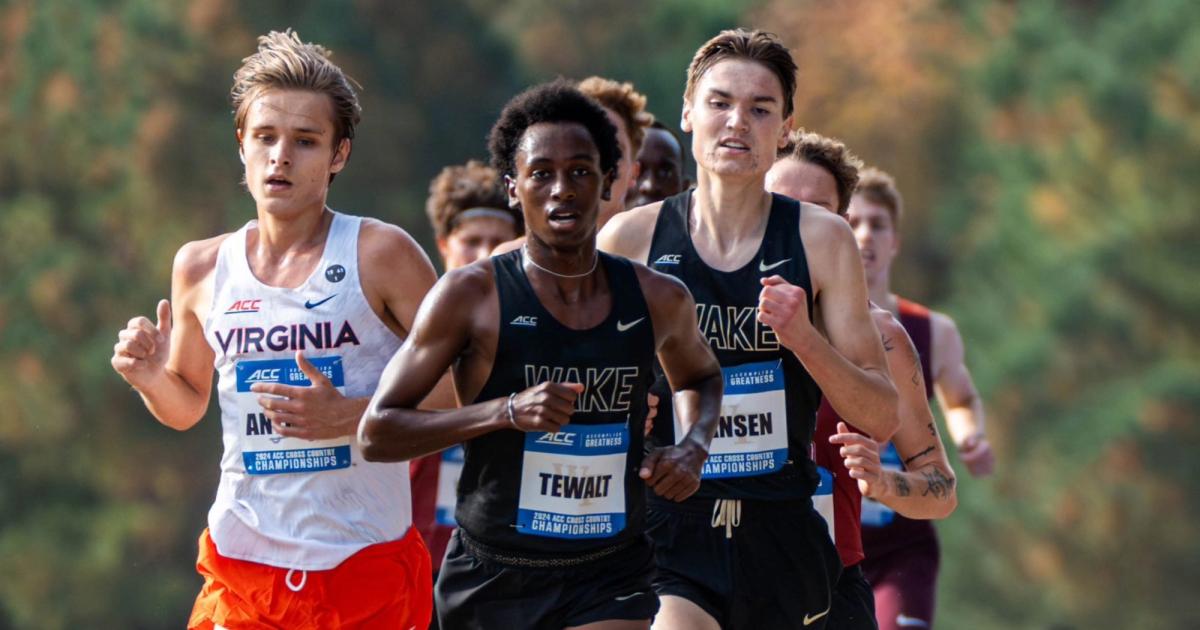
Emma Goldstein / @emmagphotographs
You return six of your seven athletes from NCAAs in addition to gaining new freshmen and transfers. How excited does that get you for next year's cross country season and the years beyond?
It gets me really excited! We have to take these next eight or nine months to make sure we develop. If we're going to be competing with those top two or three schools next fall, this is a critical time in track season right now.
I'm super pumped. As I said earlier, it's a fun group. It's a group that motivates my staff and I to come out everyday. I expect we’ll be a bit better next year. I have full expectation of that. Obviously you need to stay healthy and a lot can happen in the next nine or ten months. Some great universities are going to fill holes in their roster and not make this easy, but the challenge is there and it should be fun!
___________________
Keep up with all things track and field by following us across Instagram, X, Bluesky, Threads, and YouTube. Catch the latest episodes of the CITIUS MAG Podcast on Spotify and Apple Podcasts. For more, subscribe to The Lap Count and CITIUS MAG Newsletter for the top running news delivered straight to your inbox.
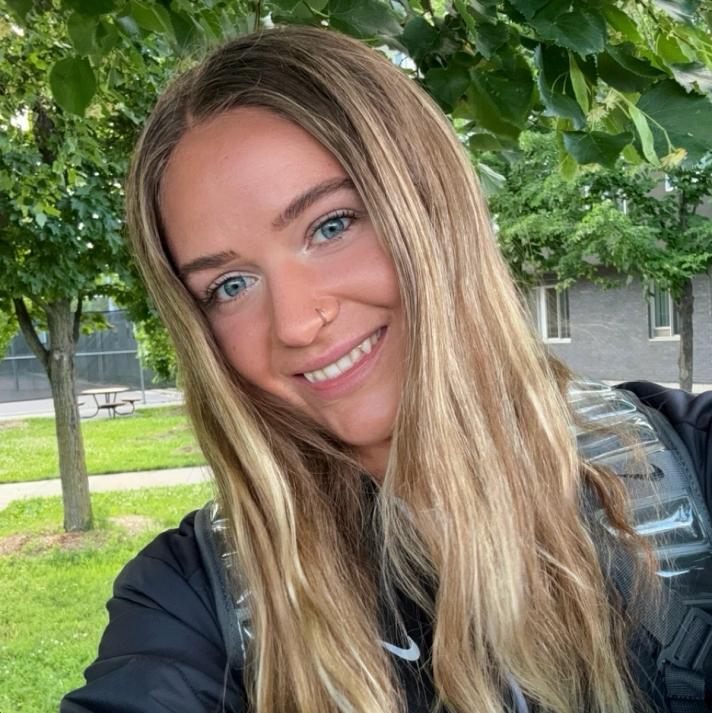
Jasmine Fehr
Jasmine Fehr produces the CITIUS MAG Podcast, manages our website, and shares content across our socials. She’s a marathon runner training in Flagstaff, Arizona. Her collegiate running career spanned the University of Portland and the University of Tennessee, where she earned a Bachelor’s degree in Psychology and Master’s degree in Communications.
